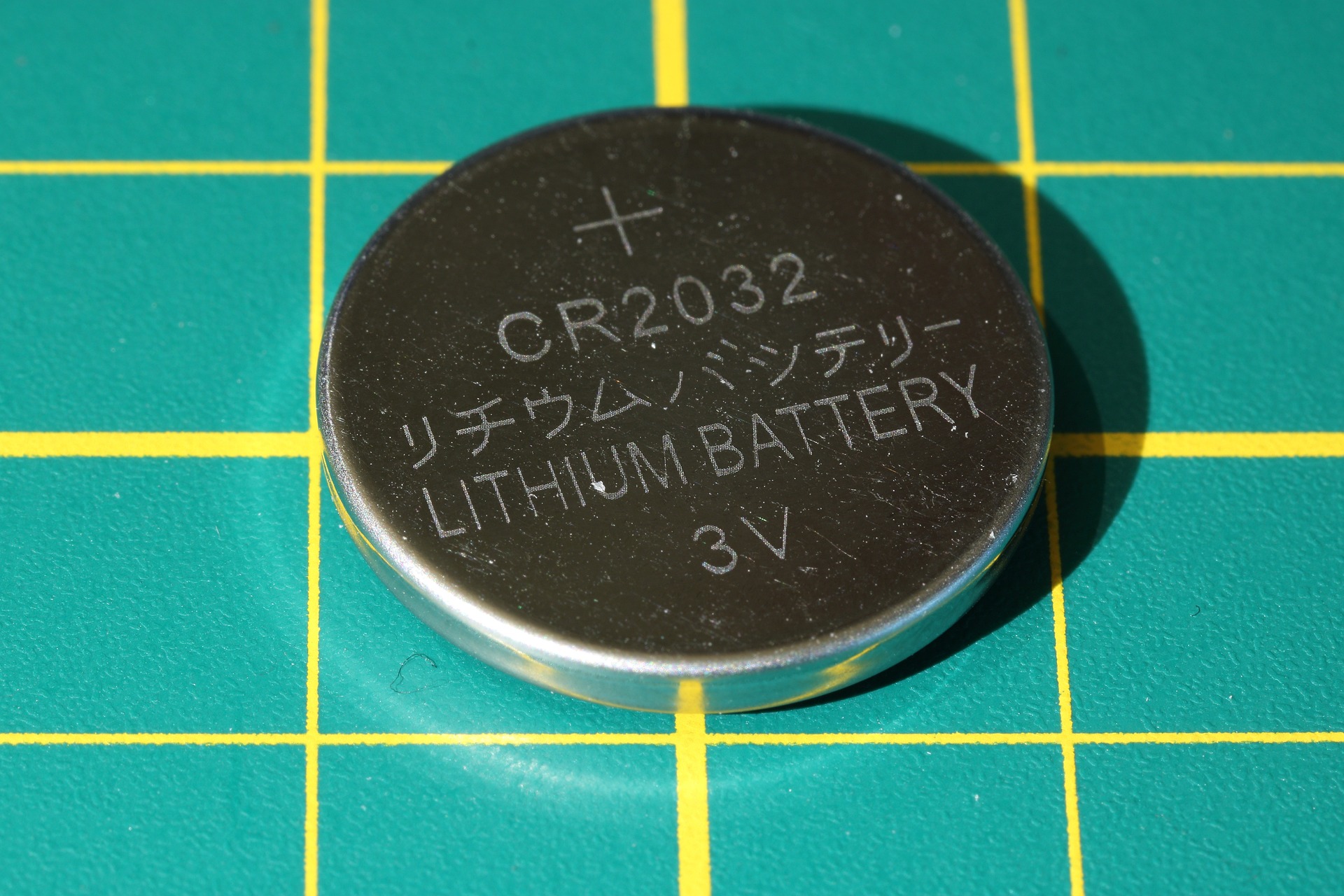
New Delhi: The Geological Survey of India has for the first time established lithium inferred resources (G3) of 5.9 million tonnes in the Salal-Haimana area of Reasi district of Jammu & Kashmir (Union Territory).
This report along with 15 other resource-bearing geological reports (G2 & G3 stage) and 35 geological memorandums were handed over to respective state governments during the 62nd Central Geological Programming Board (CGPB) meeting held today.
Out of these 51 mineral blocks, 5 blocks pertain to gold and other blocks pertain to commodities like potash, molybdenum, and base metals spread across 11 states of Jammu & Kashmir (UT), Andhra Pradesh, Chhattisgarh, Gujarat, Jharkhand, Karnataka, Madhya Pradesh, Odisha, Rajasthan, Tamil Nadu and Telangana. The blocks were prepared based on the work carried out by GSI from field seasons 2018-19 to till date.
Apart from these, 17 reports of Coal and Lignite with a total resource of 7897 million tonnes were also handed over to the Ministry of Coal. Seven publications on different themes and intervention areas in which GSI operates were also released during the meeting.
The proposed Annual Programme for the ensuing Field Season 2023-24 was presented and discussed during the meeting. During the ensuing year 2023-24, GSI is taking up 966 programmes comprising 318 mineral exploration projects including 12 marine mineral investigation projects. A major thrust has been given to the exploration of strategic-critical and fertilizer minerals.
A total of 115 projects on strategic & critical minerals including 16 projects on fertilizer minerals have been formulated. In addition, 55 programmes on geoinformatics, 140 programmes on fundamental and multidisciplinary geosciences and 155 programs for training and institutional capacity building have also been taken up.
The Central Geological Programming Board (CGPB) is an important platform of the Geological Survey of India (GSI), Ministry of Mines wherein the Annual Field Season Program (FSP) of GSI is placed for discussion for synergy and to avoid duplication of work. The members of CGPB and other stakeholders like State Governments, Central/ State Government Mineral Exploration Agencies, PSUs and Private Entrepreneurs place their requests for collaborative work with GSI. Based on the priorities set by the Government of India and the importance and urgency of proposals presented by the members and stakeholders, the Annual Programme of GSI is given a final shape.
Vivek Bharadwaj, Secretary, of the Ministry of Mines and Chairman of CGPB, congratulated GSI on realizing the commitment made by the Central Government for the auction of 500 blocks by submitting 287 geological memoranda and 195 G2 and G3 reports to the state government since 2015. However, he asserted that GSI should carry forward this momentum and continue the field programmes with the same vigour.
– global bihari bureau





